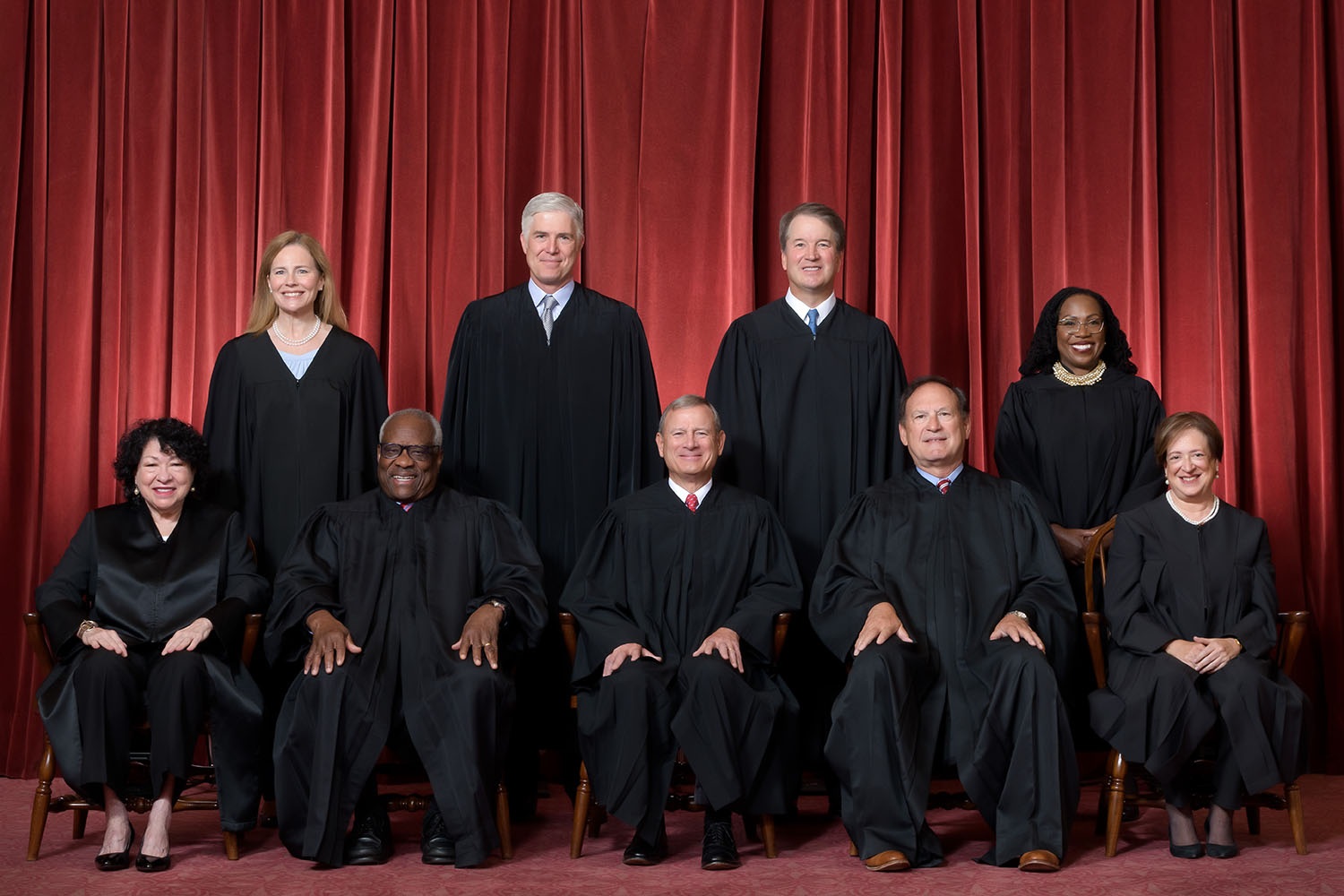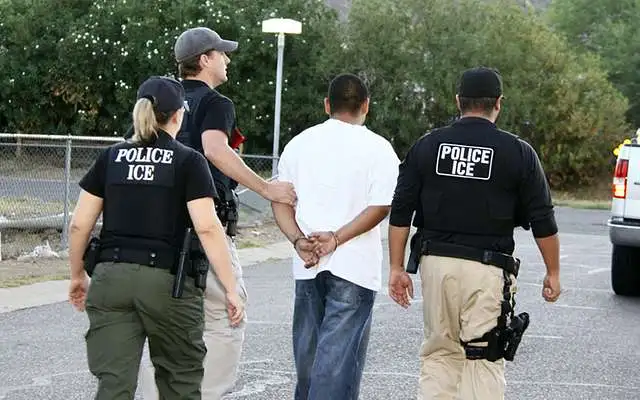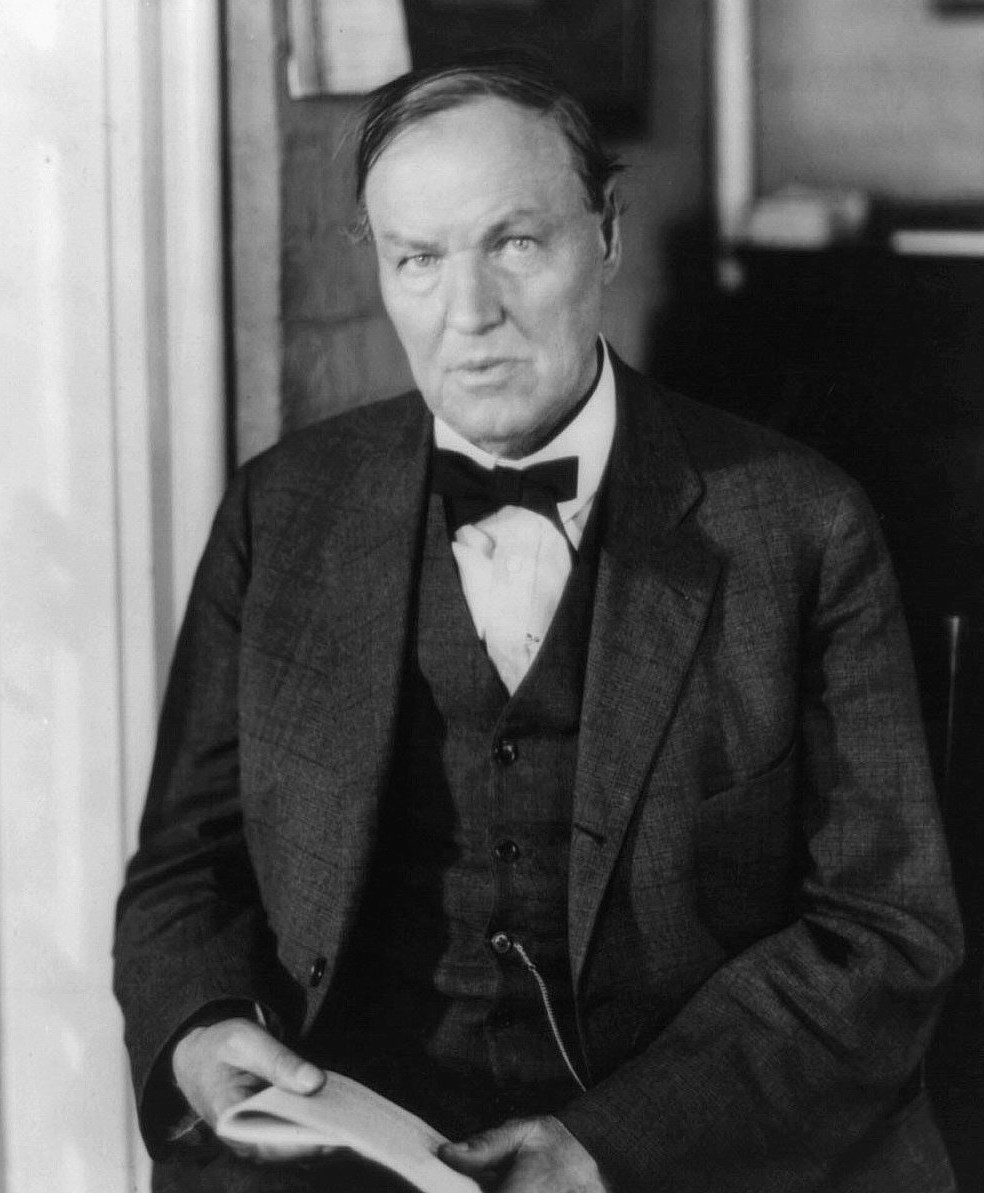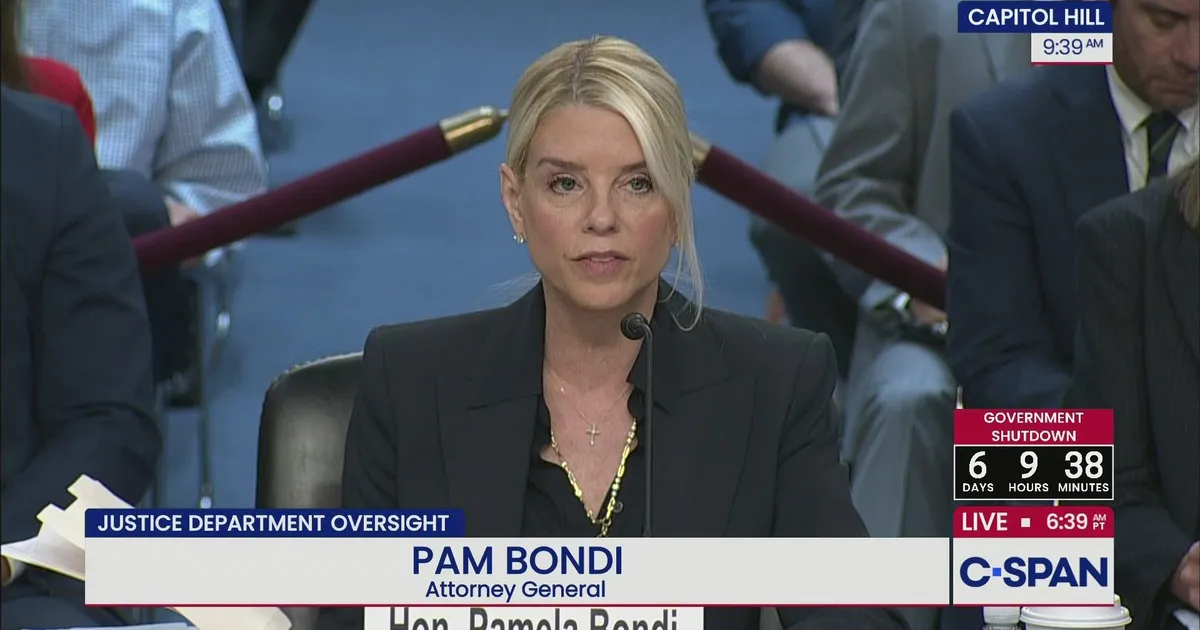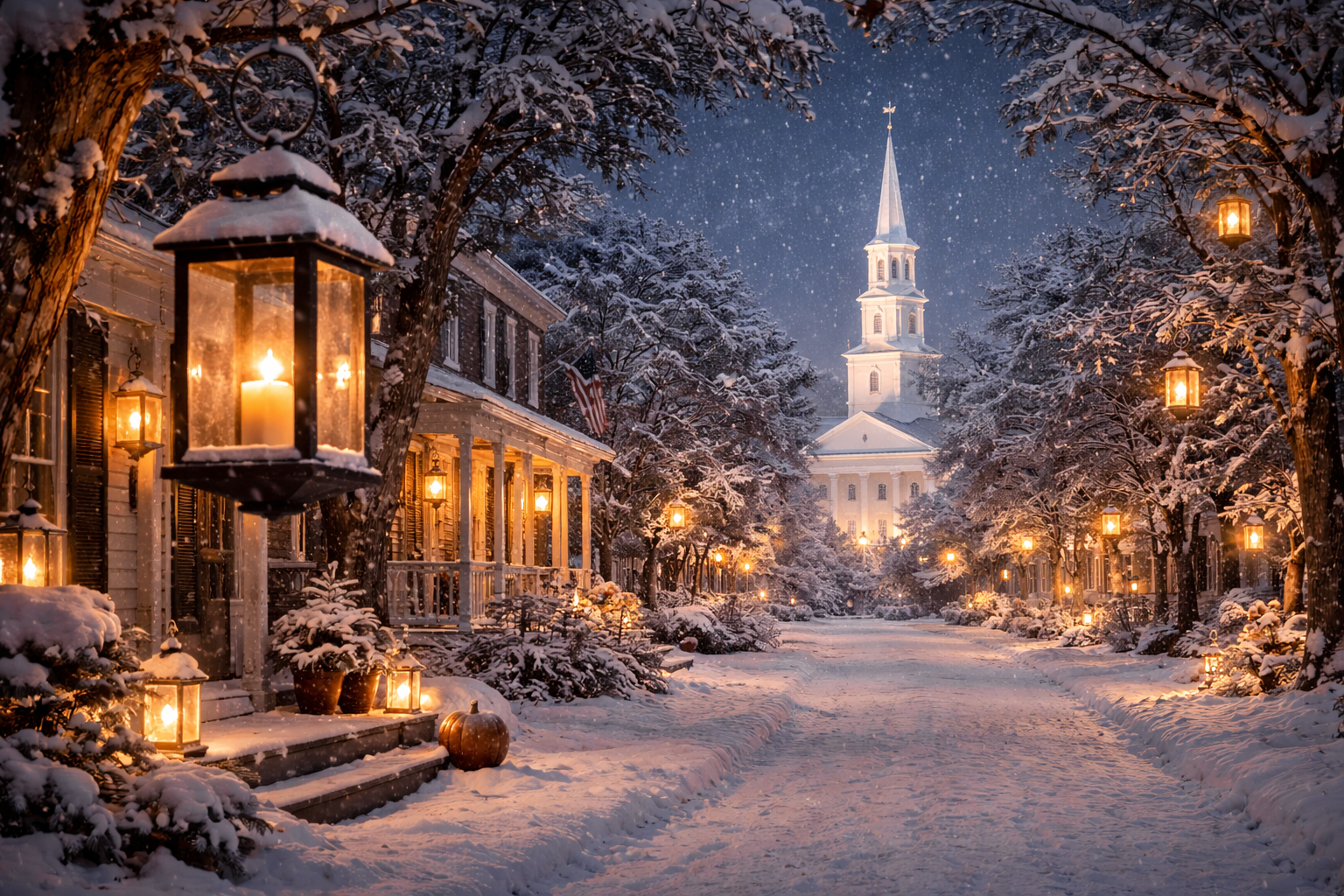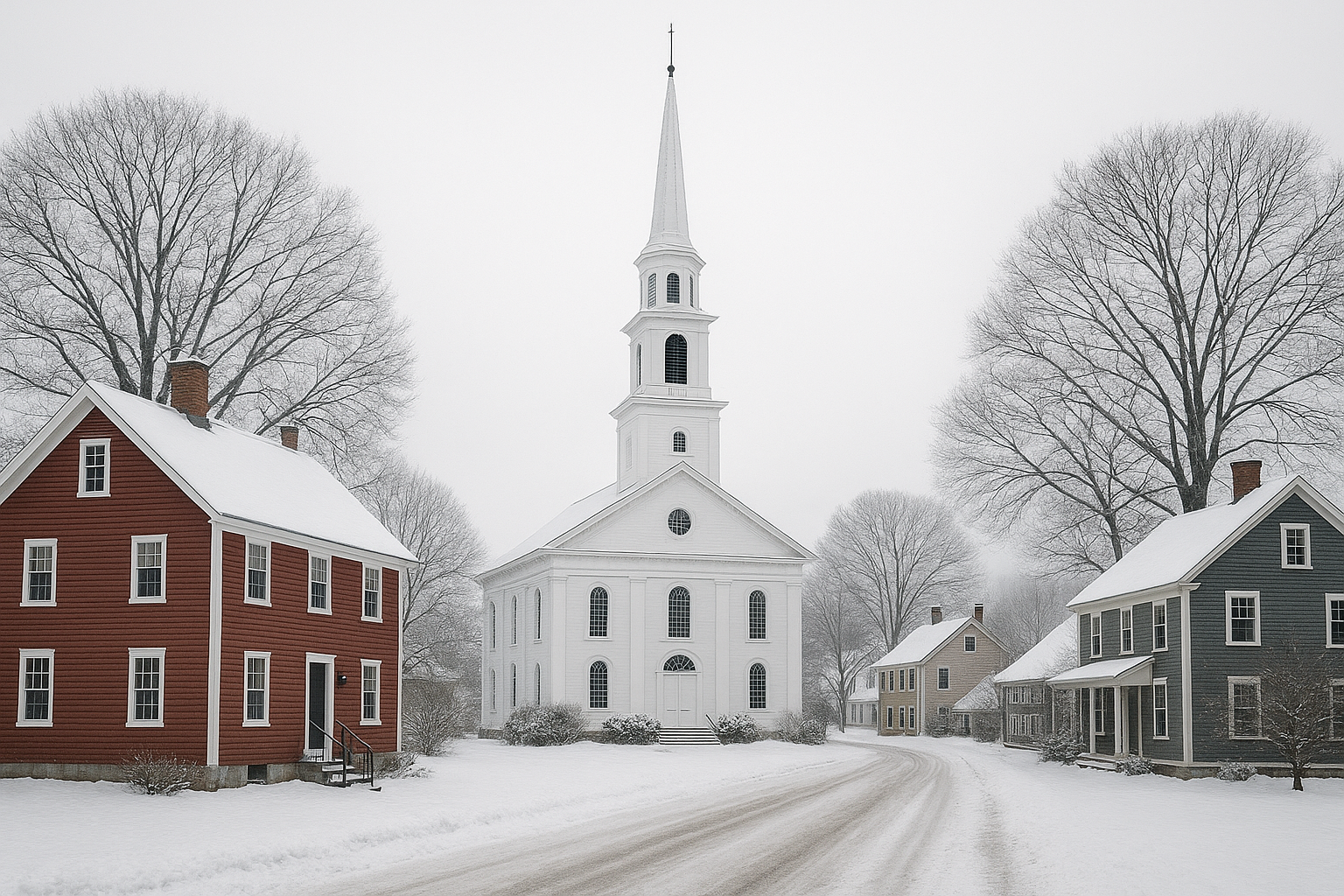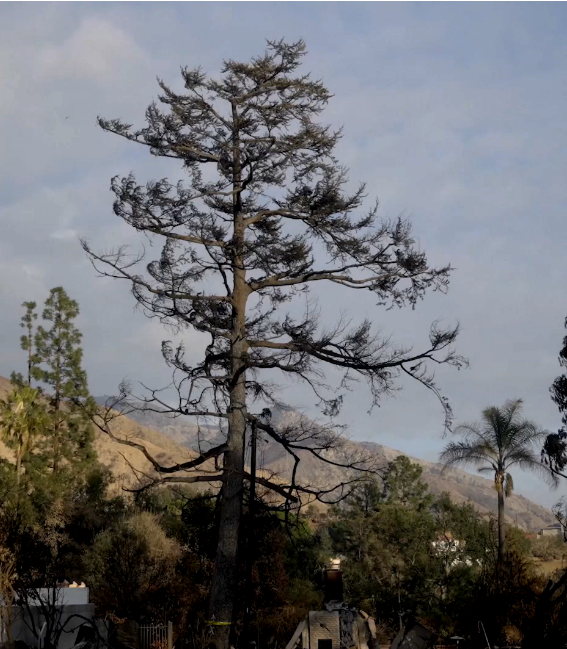
Photo: The New York Times
“That was a shocker,” said Douglas Kent. “What I saw… was that if you were deep-rooted, you survived. Native or not, it didn’t make a difference.”
Kent was talking about trees. But he could have been talking about people—about our institutions, our communities, even our democracy.
When fire tears through a landscape, it doesn’t care where the trees came from. What matters is whether they’re anchored. Whether their roots run deep enough to tap the water below—to draw on the strength, the nourishment that lies out of sight but makes survival possible.
Kent’s drive through Altadena revealed that some of the most flammable species—palms, eucalyptus—still stood tall after the flames had passed. Not because they were fireproof, but because their roots reached deep enough to keep them hydrated and alive. It wasn’t about being native or exotic. It was about being grounded.
There’s a lesson here for all of us.
In a time when political tempers flare and cultural fires spread fast across social media and cable news, it’s easy to believe that surface-level differences—where we come from, how we vote, what we believe—determine who will endure and who won’t. But Kent’s discovery reminds us: resilience is not about what’s on the surface. It’s about depth.
The communities that survive aren’t the loudest or flashiest—they’re the ones with deep civic roots. The ones that have built trust, nurtured values, and stayed connected to the quiet sources of strength: empathy, education, service, and shared purpose.
In the end, it doesn’t matter if you’re a coastal oak or a eucalyptus. What matters is whether you’ve built something deeper than fear and stronger than division.
Because when the fires come—and they always do, it’s the deeply-rooted that stand.
Comments

